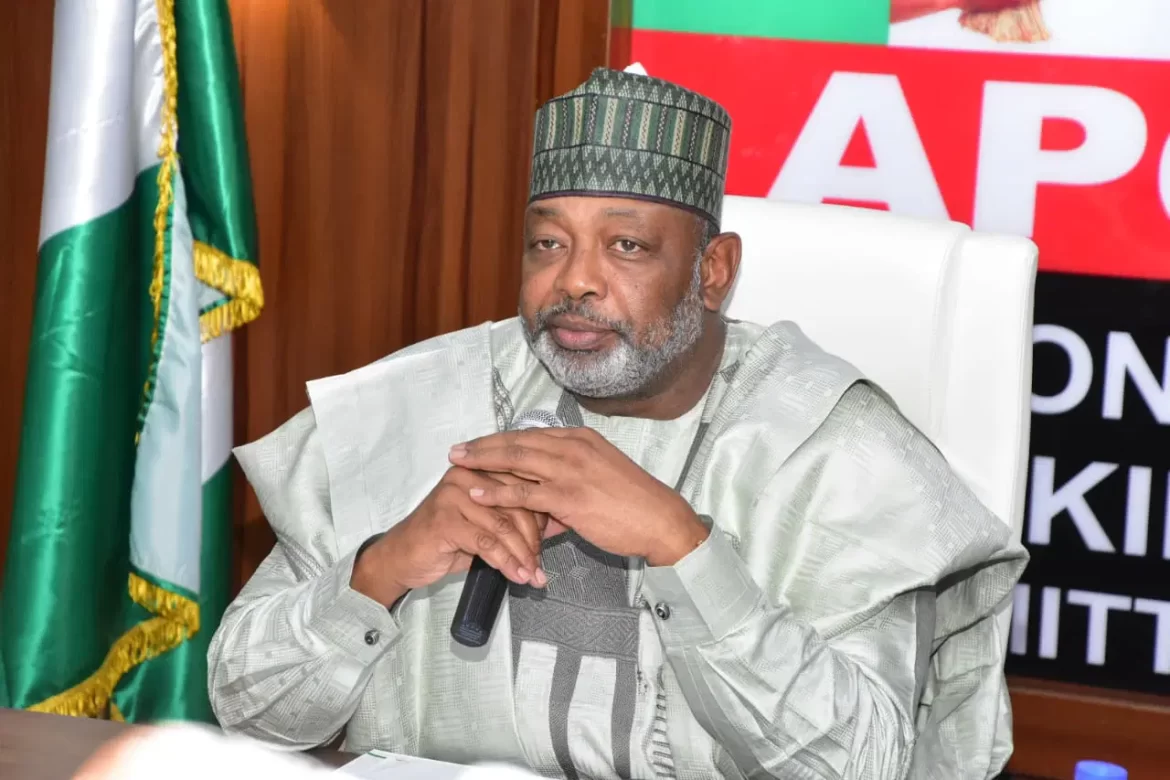1.2K
By Daniel Adaji
Nigeria has secured a $3.14 billion agribusiness investment portfolio aimed at eradicating poverty, ending hunger, and boosting food sovereignty.
The initiative, launched in collaboration with the Food and Agriculture Organisation (FAO) under its Hand-in-Hand Initiative, will focus on five critical value chains: tomato, cassava, maize, dairy, and fisheries.
The Minister of Agriculture and Food Security, Senator Abubakar Kyari, announced the plan at the National and Sub-Regional Hand-in-Hand Investment Forum on Agriculture for West Africa and the Sahel, held in Abuja.
In a statement on Wednesday, he said the investment pipeline combines $1.75 billion in government funding with $1.39 billion in private sector commitments, and is projected to deliver an average internal rate of return of 14 percent.
According to him, the portfolio is designed to lift millions of Nigerians out of poverty, create jobs, and improve food and nutrition security. “Per capita incomes will rise by as much as $657 and we will contribute to global climate goals by sequestering over 1.2 million tonnes of carbon,” Kyari stated.
He highlighted Nigeria’s vast agricultural potential, saying, “With 70 million hectares of agricultural land, of which only 20 percent is cultivated, and irrigation potential of over three million hectares, Nigeria represents one of the most compelling agricultural investment destinations in Africa.”
The Minister added that the government is investing in Special Agro-Industrial Processing Zones, expanding cold chain logistics, recapitalizing the Bank of Agriculture, and promoting local manufacturing of inputs and equipment.
“Together, these incentives create one of the most comprehensive enabling environments for agribusiness investment in Africa,” he stated.
FAO Country Representative in Nigeria and ECOWAS, Dr. Hussein Gadain, commended Nigeria’s commitment to the Hand-in-Hand Initiative, describing it as a key vehicle for achieving the Sustainable Development Goals (SDGs) and Africa’s vision as outlined in the Kampala Declaration.
He praised Vice President Kashim Shettima’s role in mobilizing investment and innovation, and the Agriculture Ministry’s work in developing bankable investment cases.
“We have seen significant strides in matching private sector players, bilateral and multilateral partners with Nigeria’s clear agricultural development priorities. These are not just commitments on paper; they are tangible investments beginning to drive transformative growth,” Gadain said.
He described Nigeria’s participation in the sub-regional Hand-in-Hand initiative on water and irrigation as “a game-changer,” unlocking agricultural and fisheries potential while strengthening climate resilience.
Also speaking, the Head of the European Union Delegation in Nigeria, Mr. Gautier Mignot, said the initiative underscores Nigeria’s strong commitment to food security and agribusiness investment.
He disclosed that the EU had already invested over 80 million euros in value chain development across seven states, pledging further collaboration to expand irrigation as a driver of agricultural transformation.
The forum was attended by the Minister of Budget and National Planning, the Deputy Governor of Ebonyi State, development partners, FAO representatives, members of the diplomatic community, and other stakeholders.



